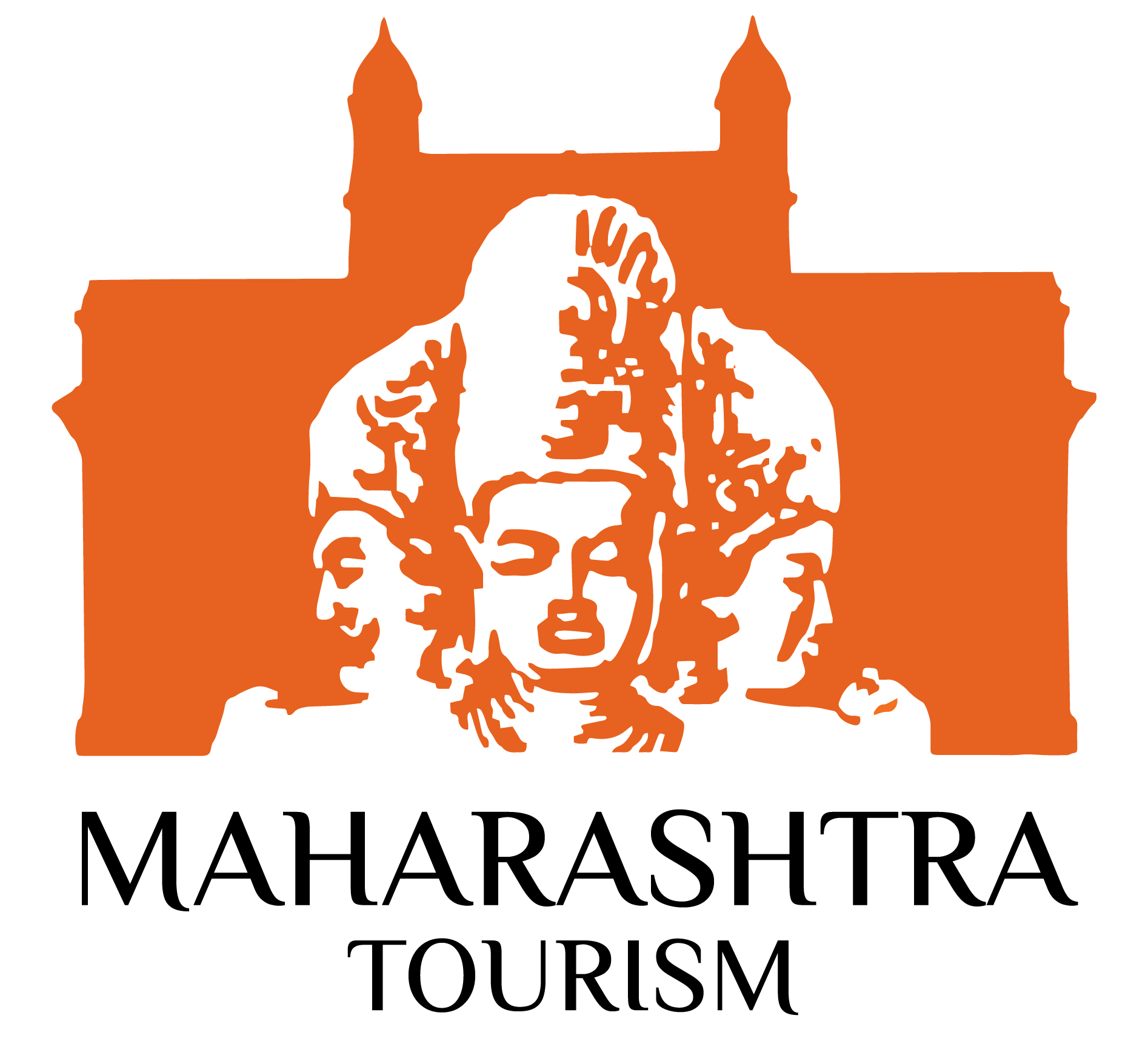Keertan: A Spiritual Symphony of Storytelling and Music
Origin and Significance
Keertan, an age-old tradition in Indian culture, is a unique blend of devotional music, storytelling, and spiritual discourse. The word “Keertan” originates from the Sanskrit root “kirt,” meaning to praise or glorify. This art form serves as a medium to convey religious teachings, moral values, and tales of divine greatness, often focusing on themes from Hindu mythology and scriptures.
Keertan traces its origins to the Bhakti movement, which emphasized devotion and personal connection with the divine over ritualistic practices. Saints like Sant Tukaram, Sant Eknath, and Sant Namdev played a pivotal role in popularizing Keertan in Maharashtra. It became a tool for spiritual awakening and social reform, addressing issues such as caste discrimination and inequality while fostering a sense of unity and devotion among people.
Why Keertan is Celebrated
Keertan is celebrated as a means of spreading spiritual wisdom, instilling moral values, and fostering devotion. It serves as an engaging way to connect with the divine, combining music, rhythm, and narrative to inspire faith and introspection. The communal aspect of Keertan brings people together, creating a shared experience of joy and reverence.
Keertan is also a powerful medium for preserving and passing down cultural and spiritual heritage. By recounting stories from epics like the Ramayana, Mahabharata, and Bhagavata Purana, it keeps these ancient traditions alive in the hearts of devotees.
When and Where Keertan is Celebrated
Keertan sessions are held throughout the year, particularly during religious festivals, auspicious occasions, and temple celebrations. They are an integral part of events like Gudi Padwa, Ashadhi Ekadashi, Kartiki Ekadashi, and Ganesh Chaturthi. Keertan is also performed during pilgrimages, weddings, and other significant milestones in a devotee’s life.
Prominent temples and pilgrimage centers in Maharashtra, such as Pandharpur, Alandi, Dehu, and Shirdi, regularly host Keertan performances. These sessions often attract large crowds, creating an electrifying atmosphere of devotion and celebration.
Rituals and Celebrations
Keertan is characterized by its unique format, which combines storytelling, singing, and spiritual discourse. Here’s how Keertan is typically celebrated:
- Narrative Storytelling:
– The Keertankar (performer) narrates stories from scriptures, epics, and folklore, weaving moral lessons and spiritual insights into the tales.
– The narration is interspersed with songs that emphasize key themes or messages, creating a dynamic and engaging experience. - Musical Accompaniment:
– Traditional instruments such as the harmonium, tabla, dholki, and manjeera are used to provide a rhythmic and melodic backdrop to the performance.
– The music enhances the emotional and spiritual impact of the storytelling, drawing listeners into the narrative. - Interactive Participation:
– Devotees actively participate by singing along, clapping, or responding to the Keertankar’s questions and prompts.
– This interaction fosters a sense of community and shared devotion. - Themes of Devotion and Morality:
– Keertans often focus on themes such as the glory of Lord Vitthal, the teachings of saints, or the triumph of good over evil.
– The stories and songs inspire listeners to lead virtuous lives and strengthen their faith. - Special Keertan Events:
– During festivals or major religious gatherings, Keertan marathons lasting several hours or days are organized.
– These events feature renowned Keertankars who captivate audiences with their eloquence, musical skills, and spiritual insights.
Highlights of Keertan
The essence of Keertan lies in its ability to educate, entertain, and inspire through a harmonious blend of music and storytelling. The Keertankar’s expressive narration and soulful singing create an immersive experience, transporting listeners to a realm of divine connection and spiritual reflection.
Keertan sessions are not just about devotion; they also serve as a platform for social and moral reform. By addressing contemporary issues through the lens of spirituality, Keertan remains relevant and impactful across generations.
Accessibility and Visitor Information
Keertan performances are open to everyone, regardless of age, caste, or social background. They can be experienced in temples, community centers, and cultural festivals across Maharashtra. Prominent locations like the Vitthal-Rukmini Mandir in Pandharpur, Sant Tukaram’s samadhi in Dehu, and Sant Dnyaneshwar’s samadhi in Alandi regularly host Keertan sessions.
For those seeking a deeper connection to Maharashtra’s spiritual and cultural heritage, attending a Keertan offers a unique opportunity to experience the transformative power of devotion, music, and storytelling.

